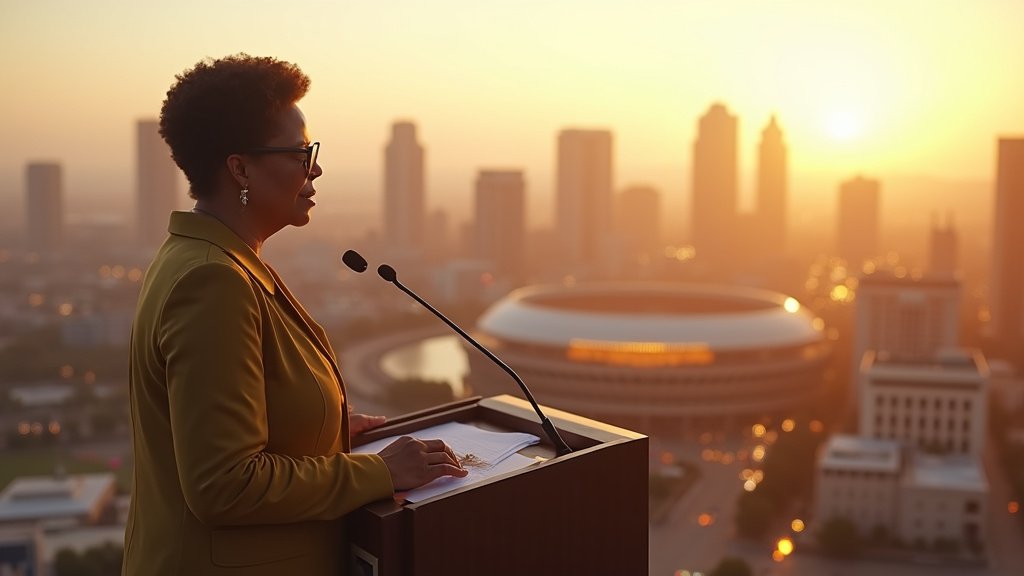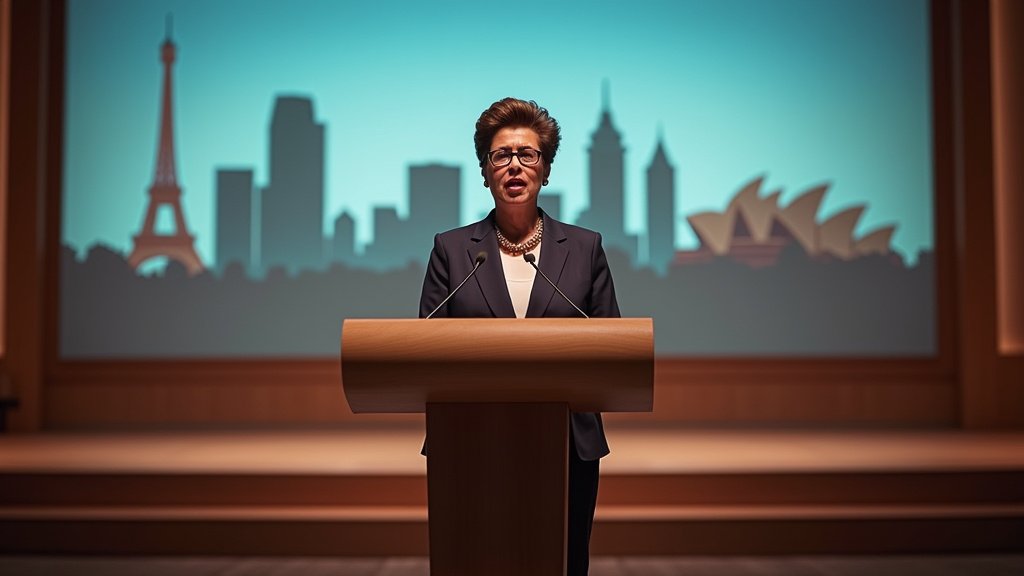Los Angeles, CA – The Los Angeles City Council has officially solidified a pandemic-era fixture of urban life, voting overwhelmingly on June 7, 2025, to make temporary outdoor dining and bar expansions a permanent part of the city’s landscape. In a 13-2 decision, the council adopted the Permanent Alfresco LA Program, transforming the temporary permits that allowed businesses to utilize sidewalks, parking lots, and other public spaces into a formal, enduring ordinance.
The move is poised to reshape how Angelenos dine and socialize, offering long-term certainty for restaurants and bars that adapted to outdoor operations during the public health crisis. However, the transition introduces a new layer of regulatory oversight, prompting both praise and concern from the city’s hospitality sector.
Understanding the Permanent Alfresco LA Program
The Permanent Alfresco LA Program represents a significant policy shift, institutionalizing the use of public rights-of-way and private property for commercial outdoor activities. Born out of necessity during the COVID-19 pandemic, the temporary program provided a lifeline for many establishments facing indoor capacity restrictions. Its popularity with both businesses and patrons demonstrated a strong demand for expanded outdoor options.
Under the new permanent framework, businesses will need to secure permits to operate outdoor seating areas. The program formalizes standards for these spaces, aiming to integrate them safely and aesthetically into the urban environment. This includes considerations for pedestrian access on sidewalks, traffic flow around dining areas in parking spaces, and overall design guidelines.
Key Regulations and Industry Concerns
While establishing permanence, the approved program is not simply an extension of the temporary rules. It introduces several new requirements designed to address potential impacts on surrounding communities and ensure public safety. A key component of the new regulations is the implementation of stricter noise restrictions.
Venues located adjacent to residential zones will face enhanced scrutiny regarding noise levels, particularly after 10 PM. This measure is intended to balance the vibrant atmosphere of outdoor dining with the quality of life for nearby residents, a point of contention that arose during the temporary program’s operation.
Furthermore, the Permanent Alfresco LA Program mandates regular safety inspections of all permitted outdoor dining structures and areas. This is a critical step to ensure that temporary setups, often erected quickly, meet long-term safety standards for both patrons and the public. Businesses will also be required to renew their permits every two years, providing the city with an opportunity to review compliance and make necessary adjustments to the program over time.
Industry organizations have reacted to the council’s decision with a mix of optimism and apprehension. The LA Hospitality Alliance, a prominent industry group, lauded the program for providing much-needed stability for businesses that have come to rely on outdoor seating for revenue and capacity. The certainty of a permanent program allows owners to invest in more robust and attractive outdoor infrastructure.
However, the Alliance and other industry voices have raised concerns regarding the potential financial burden that the new compliance measures could place on smaller establishments. Meeting the requirements for stricter noise control, undergoing regular inspections, and managing biennial permit renewals involve costs and administrative effort that could disproportionately affect independent and smaller-scale restaurants and bars already operating on thin margins.
Implementation and Future Outlook
The Permanent Alfresco LA Program is officially set to take effect across the city starting July 1, 2025. Businesses currently operating under temporary permits will need to transition to the new permanent permitting process, adhering to the updated regulations.
The city departments responsible for implementing the program, including planning, transportation, and building and safety, will be tasked with developing clear guidelines and facilitating the application and inspection processes. The success of the program will likely depend on the city’s ability to efficiently manage the transition and provide support to businesses navigating the new regulatory landscape.
The council’s decision marks a pivotal moment for Los Angeles, permanently integrating outdoor dining into its urban fabric. While promising enhanced livability and economic vitality, the coming months will reveal how effectively the new regulations can be implemented to ensure the program benefits businesses, residents, and visitors alike, solidifying the city’s reputation as a dynamic culinary destination.





